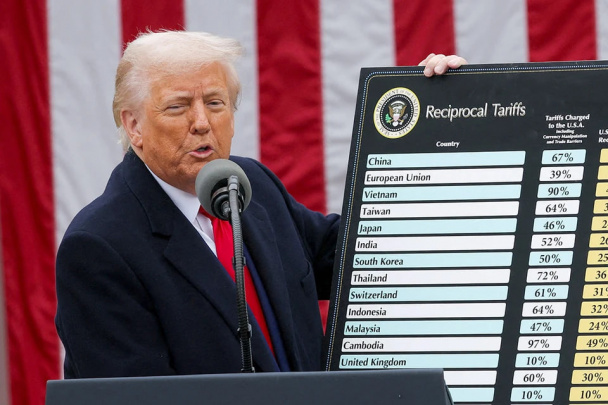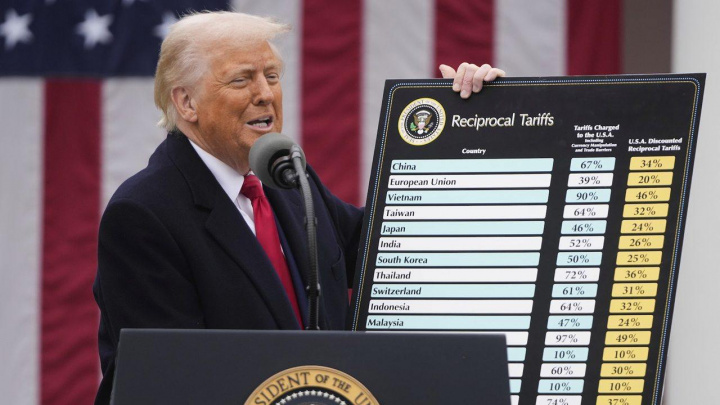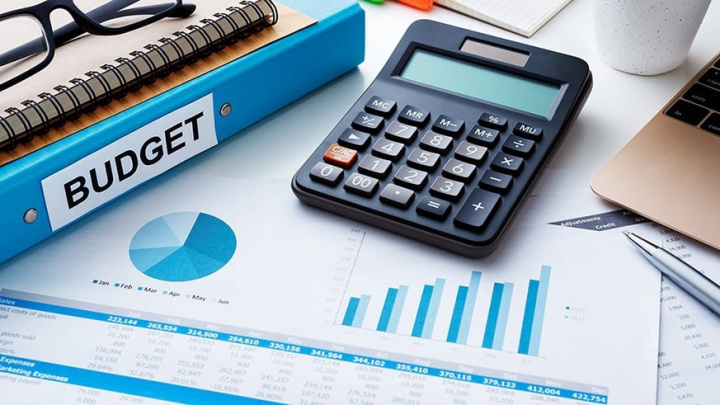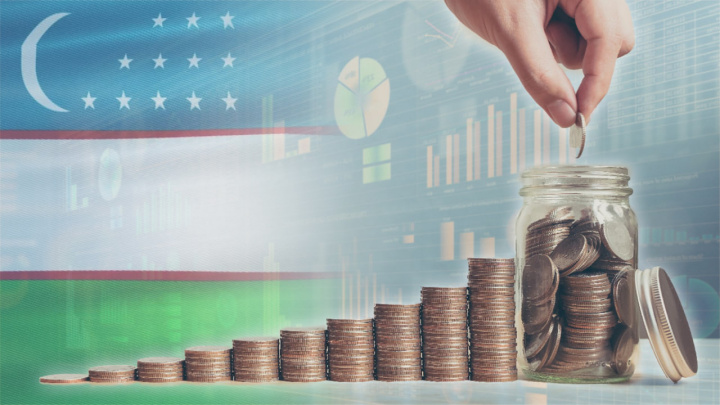Inflation expectations reach two-year high amid rising costs in December
Rising energy prices and utility tariffs remain the main factors shaping inflation expectations among the population, according to a study by the Central Bank.

Photo: Spot
The average forecast for price growth over the next 12 months reached 14.4% (+0.7%) - a level not seen since February 2023. The median figure stood at 11.6% (+0.5%).
Tashkent once again recorded the highest inflation expectations - over 19%, followed by the Fergana (16.7%) and Kashkadarya (16%) regions. The lowest projections were noted in the Andijan region (12.4%), Khorezm (12.7%), and Karakalpakstan (12.9%).
By sector, the highest estimates came from industrial workers (16%), civil servants (15.8%), and educators and researchers (15.2%). Relative optimism was observed in the household services (12.2%), tourism (12.3%), and agriculture (12.5%) sectors.
Those with higher incomes expect stronger price increases. Among individuals with monthly incomes exceeding 15 million UZS, the forecast reached 18.6%, while for those earning 10–15 million UZS, it was 15.7%. The lowest projections were noted among citizens earning 4–5 million UZS (12.9%) and 2–3 million UZS (13.9%).
The leading factor influencing forecasts was the rise in fuel prices (57%), followed closely by increases in utility tariffs (56%) and exchange rate fluctuations (55%). Additionally, 35% cited rising transportation costs, and 33% pointed to monopolistic practices.
The expected price growth among businesses rose by more than a percentage point over the month, reaching 13.9%. The median forecast stood at 11.4% (+0.7%).
The highest estimates were recorded in Tashkent (16.9%), Samarkand (15.2%), and the Fergana region (15%). Relatively low projections were noted in Karakalpakstan (11.5%), Khorezm (12.4%), and Surkhandarya (12.8%).
Entrepreneurs in the construction and agricultural sectors provided the highest average estimates - 14.5%, followed by the food service sector at 14.2%. The lowest estimates came from the transportation (11.8%), cultural (11.9%), and tourism (12.5%) sectors.
Exchange rate dynamics and rising utility costs remain the primary factors in price growth forecasts (52%), followed by increasing fuel prices (49%). Additionally, 34% pointed to higher transportation costs, and 27% cited increased tax burdens.
Related News

12:16 / 04.04.2025
Uzbekistan may feel secondary effects of Trump’s global tariff policy

15:50 / 03.04.2025
Trump imposes 10% baseline tariff on all imports, raising economic uncertainty

19:17 / 02.04.2025
Uzbekistan sees 20% increase in budget revenue in Q1 2025

17:57 / 01.04.2025



